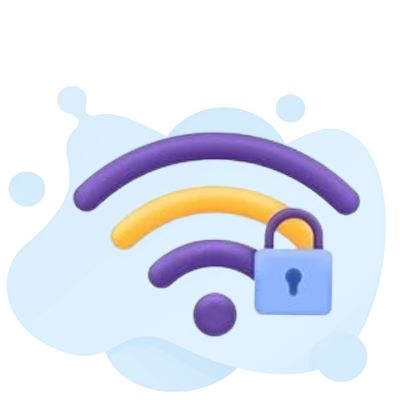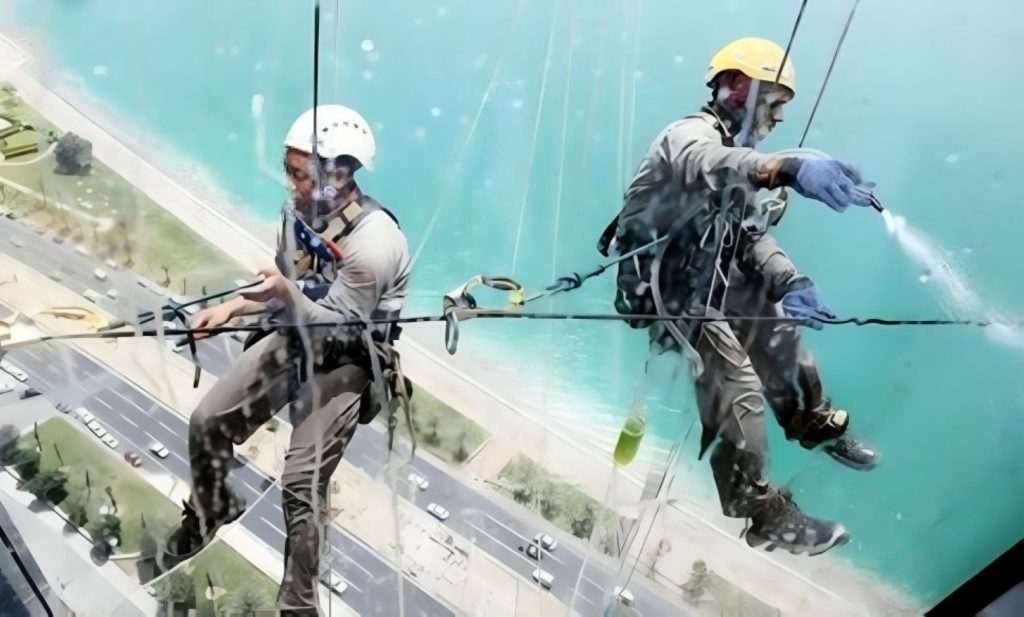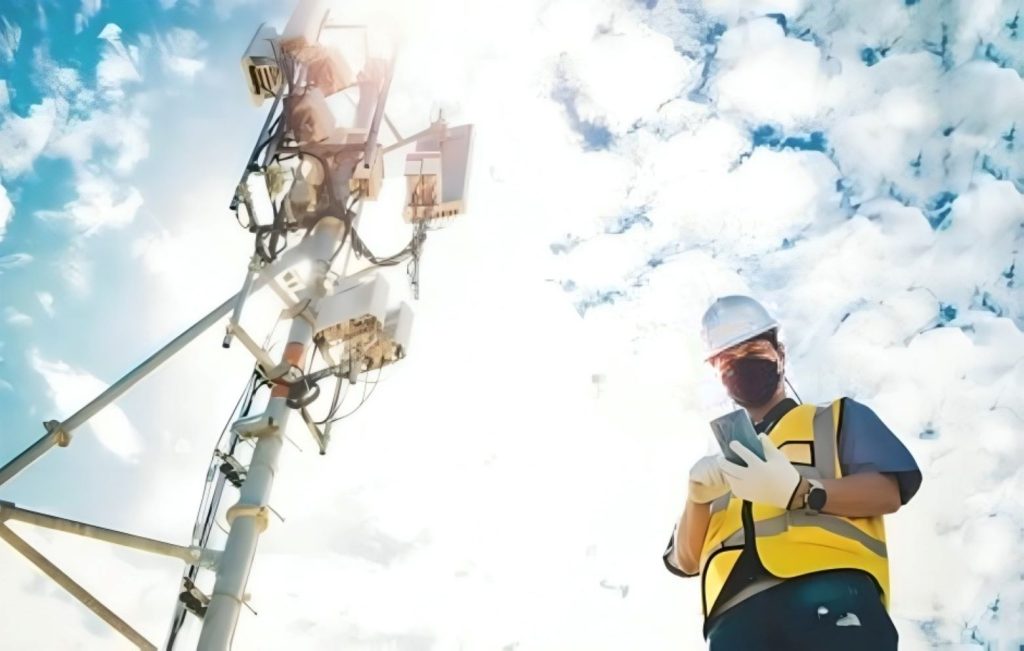NWSA (National Wireless Safety Alliance) Test | Official Guide

The NWSA (National Wireless Safety Alliance) Test is a key certification for those in the telecommunications and wireless industries. It shows your skills and knowledge are up to par. This is important because it gives you and others trust in your abilities. Being certified by the NWSA shows you’ve met high standards in the industry.
Ensuring fairness and integrity, the certification process is industry-built. It’s a great step for your career in telecommunications. By getting NWSA certified, you join a group of professionals known for their expertise.
Free NWSA Practice Test Online
Key Takeaways
- The NWSA (National Wireless Safety Alliance) Test is an industry-recognized certification for telecommunications and wireless professionals.
- NWSA certification verifies your knowledge and skills as a telecommunications professional through a fair and industry-recognized process.
- NWSA certification demonstrates your qualifications to the industry and helps you progress in your career.
- The NWSA program maintains high levels of integrity and fairness throughout the certification process.
- NWSA certifications include Telecommunications Tower Technician 1 (TTT-1), Telecommunications Tower Technician 2 (TTT-2), Antenna and Line (A&L) Specialty, and Foreman (FOR).
Understanding the NWSA Certification Programs
In 2015, the National Wireless Safety Alliance (NWSA) started its journey. It aimed to make sure all telecom workers have the same high skills. Their Telecommunications Tower Technician 1 (TTT-1), Telecommunications Tower Technician 2 (TTT-2), and future specialty programs help you be even better at what you do. They are there to add onto your Tower Climber Safety & Rescue training program.
Program Overview and Objectives
The NWSA offers four cool certification programs for telecom jobs. They are: Telecommunications Tower Technician 1 (TTT-1), Telecommunications Tower Technician 2 (TTT-2), Antenna and Line (A&L) Specialty, and Foreman (FOR). In developing these, the Telecommunications Tower Technician Task Force got ideas from all over, including tower technicians, carriers, tower owners, contractors, trainers, manufacturers, and suppliers.
Candidate Eligibility and Requirements
The NWSA works with the National Commission for the Certification of Crane Operators (NCCCO) for solid exams and experts. These exams are legit, thanks to being ISO 17024 accredited by the American National Standards Institute (ANSI). It sets the rules for running a certification system right.
The NWSA is all about being fair and square. They don’t do training. But they do share a candidate handbook. This handbook is full of what you need to know before taking the test. It talks about how to qualify and how to keep up your certification long-term. All of this is to make sure things are fair and that nobody gets preferential treatment.
NWSA (National Wireless Safety Alliance) Test
Written and Practical Examinations
The NWSA Written and Practical Examinations show hard work from many professionals. These exams involve experts from different sectors. They include the National Commission for the Certification of Crane Operators (NCCCO). They also work with telecom industry experts. Starting January 1, 2025, only a written test will be needed for each NWSA certification. This is because the organization is ending the practical tests by 2025.
Exam Preparation and Resources
The NWSA offers aids for test takers. These include study guides, practice tests, and online modules. They go over various areas like telecommunications safety and wireless industry standards. They also cover tower crew qualifications and nwsa credentials. People can study tower climbing and rf exposure. Plus, there is information on rigging fundamentals and rescue procedures. Candidates with this help can be ready for the nwsa exam.
| Exam Details | Changes |
|---|---|
| Written Examination | – Effective January 1, 2025, only a single written examination will be required for each certification. – The NWSA exam fees for obtaining TTT1 and TTT2 certification remain at $274 each. |
| Practical Examination | – Starting on December 1, 2025, NWSA will stop accepting practical examination applications, with practical examinations ceasing after December 31, 2025. – Candidates with valid, unexpired practical exam applications who have not taken the exam by December 31, 2025, will receive a $100 credit to be applied toward a TTT1 or TTT2 written exam fee. This credit must be utilized by June 30, 2025. – Candidates who successfully completed a TTT1 and/or TTT2 written exam in 2025 will receive certification with issue and expiration dates based on a January 2025 certification issuance date. |
The NWSA strives for quality tests. They are made with the advice of experts. Earning NWSA certification shows that telecom workers know what they’re doing. This brings peace of mind to the industry and the public, knowing the work is done safely.
Conclusion
The NWSA certification programs are widely respected. They’re known for being both credible and fair. Getting NWSA certified means telecommunications professionals can show their expertise. This builds trust that they can do their jobs well and safely. The NWSA ensures exams are fair and realistic with help from industry experts.
The NWSA is praised for its Telecommunications Tower Technician Level 1 and 2 Certifications. These meet tough industry standards. They’ve been recognized by the ANSI National Accreditation Board (ANAB) up to the ISO 17024 standard. This makes those certified highly regarded in the field. Plus, the NWSA works closely with NCCCO. They are experts who’ve offered accredited certification to those in crane industries for over two decades. Together, they make sure certification programs are top-notch.

The NWSA runs with a strong foundation. It includes a Board of Governors, Exam Management Committees, and a Board of Directors. These groups look after the organization’s direction, growth, and long-term plans. Their certification programs span various areas. This includes Signalperson, Rigger, Telecommunications Tower Technician Levels 1 and 2, Antenna & Line Specialty, and Foreman certifications. They make sure important skills like tower crew qualifications, tower climbing, safety aspects, and more are covered.
